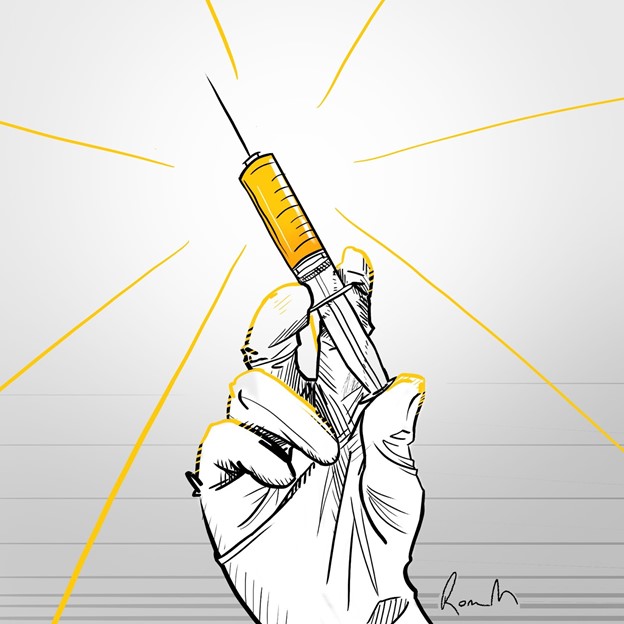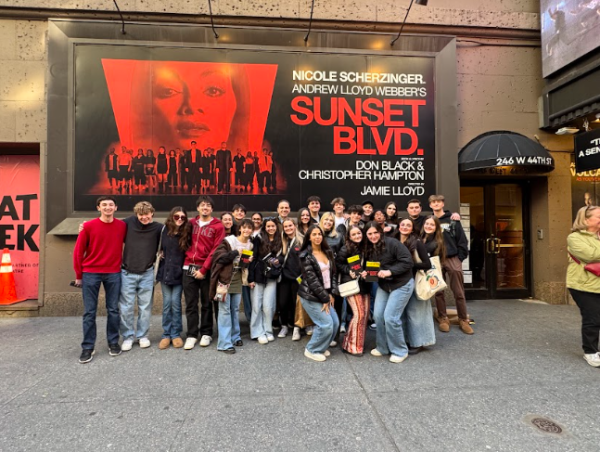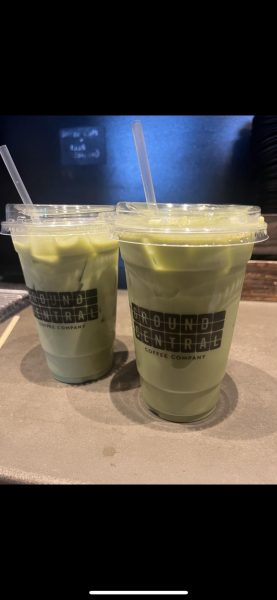The Search for a COVID-19 Vaccine
The entire world has been turned upside down by the COVID-19 pandemic for nearly seven months. People sporting protective gear such as masks and gloves and signs hung from store windows promoting social distancing have become common practice. Even though these measures of protection are very effective in subsiding the number of cases, they have created a sense of unrest and are a constant reminder of “the new normal.” The world is itching for a cure to the coronavirus and a return to everyday life. The end to this global illness and unrest in America can be reached through a vaccine. The question is: when?
According to the World Health Organization (WHO), approximately 170 coronavirus vaccinations are currently being tested throughout the world, with the goal of protecting the recipients of the vaccines from contracting the highly contagious COVID-19 virus. With the development of a vaccine, people could return to work, school, and normal life with a significantly lower risk of infection.
A Chinese pharmaceutical company called China National Biotec Group Co. injected over 100,000 Chinese individuals with two probationary coronavirus vaccines on Sept. 12, 2020. Another Chinese drug making company, Sinovac Biotech Ltd., vaccinated 3,000 of its employees with an experimental shot. A Chinese company known as Sinopharm stated that it would supply emergency doses of vaccines to the United Arab Emirates. Companies in Russia have also been fast-tracking a vaccine. The Russian National Wealth Fund struck a deal with India, agreeing to provide them with 100 million doses of the Sputnik V vaccine.
Western countries, including the United States, are hesitant to bypass safety standards and protocols to quickly produce a vaccine. Arthur Caplan, the head of the medical ethics division at New York University (NYU), stated that it is a “really insane and a terrible idea” for China and Russia to forge ahead with vaccine production and testing without carefully analyzing the results of phase-three vaccine trials. Senior Sophia Demonte commented, “I feel like it’s a little dangerous to be fast-tracking a vaccine for a virus like this because if it does not work, it could potentially spread the coronavirus even more and make matters worse.” Although successfully creating a vaccine quickly would be a smart economic move, the potential for preventable loss of human life would have devastating effects. For instance, AstraZeneca, the British-Swedish drug making company, recently paused its trials due to a severe, unexplained illness experienced by two of the test subjects.
Surveys taken by American people show an increasing uncertainty regarding a coronavirus vaccine. Senior Ryan Marrione stated his opinions on getting a vaccine: “I would be willing to take the vaccine if there is 100% transparency in terms of the product’s creation. A vaccine is currently politically encouraged and certain politicians are just saying ‘here’s a vaccine’ for their own likeness. Instead, they should give the public full access to vaccine production.” Junior Keziah Job chimed in: “If there was a vaccine for the coronavirus, I would not immediately take it, mostly because I would like to see any side effects that arise because of the vaccine.” Many believe that the public should be informed of the production process and safety of a vaccine before it is given to them.
The race to create a vaccine has created a lot of global tension. The company that ultimately successfully manufactures and distributes the COVID-19 vaccine and the people who invested money in this company could obtain significant wealth. But is economic gain worth fast-tracking a potentially dangerous vaccine? Even if a vaccine is created, the large-scale distribution process of the injection is another issue that arises.
When asked for her professional view on the vaccine production, Clinical Pharmacist Dr. Jeanine DiFiore stated that the rapid fast-tracking worries her: “The one-year fast-track of the vaccine makes me very nervous. In history, the quickest fast-track still took four years. The company that creates the vaccine will have to monitor the vaccine and do a lot of post-market surveillance to make sure people are staying safe. Personally, I am torn about getting the vaccine right away. I would definitely have to see the side effects.” DiFiore shared her thoughts on the distribution process: “[The coronavirus vaccine] will go to health care providers first, then to people in the military who live in barracks, then government officials, and then the general public. I think the news media is not very helpful because it is not giving any guarantees about when the vaccine will be available to the public. I think the government has done a good job providing funds and incentive to companies who are creating this vaccine.” DiFiore also shared her opinion about the vaccine in a school setting: “Schools will most likely make the vaccine mandatory, but it will be difficult to get everyone vaccinated in general. There is a big-anti vax population who could refuse the vaccine and put other people in danger.”
There is a lot of controversy facing the production and distribution of the COVID-19 vaccination. With a plethora of countries each approaching the development of the vaccine in different ways, people are having many different feelings about receiving the vaccine. It is important, more than ever, to stay educated about the companies producing the vaccine, and to make an informed, safe decision in protecting one’s safety.
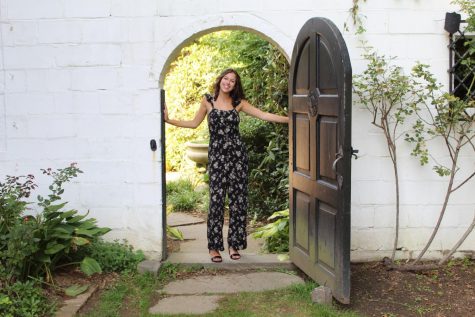
I was previously the opinions section editor for Horizon (2020); currently, I am the managing arts and entertainment editor. I am a member of the Class...
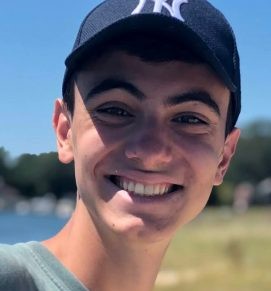
I am an illustrator for the LHS Horizon. I am a member of the Class of 2022. I was awarded third place at Adelphi University's Press Day for the individual...
















